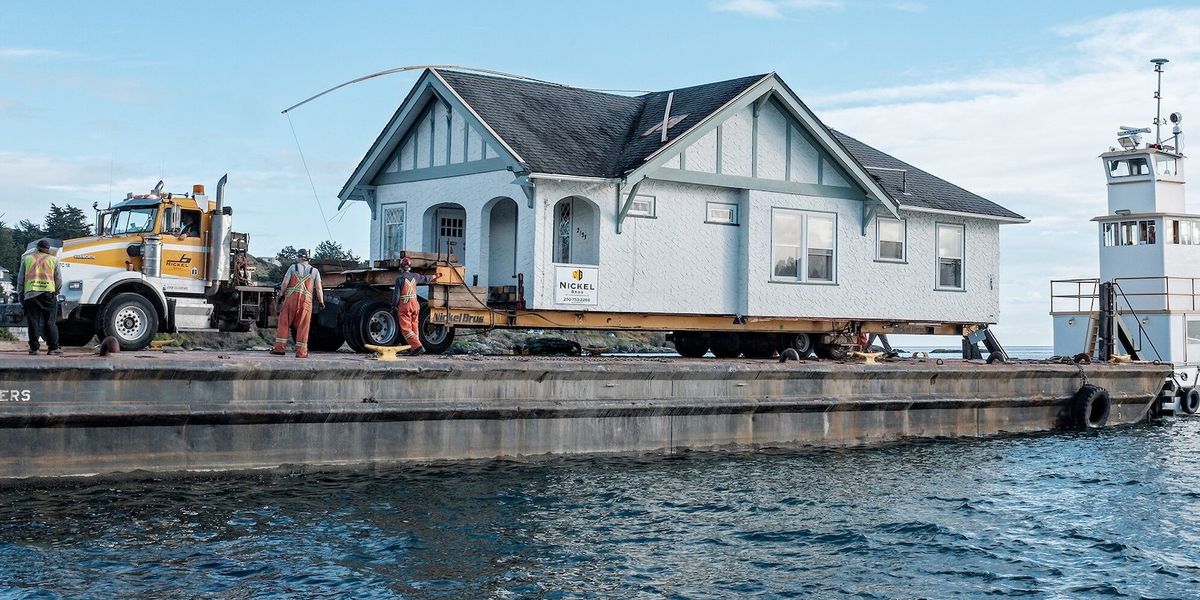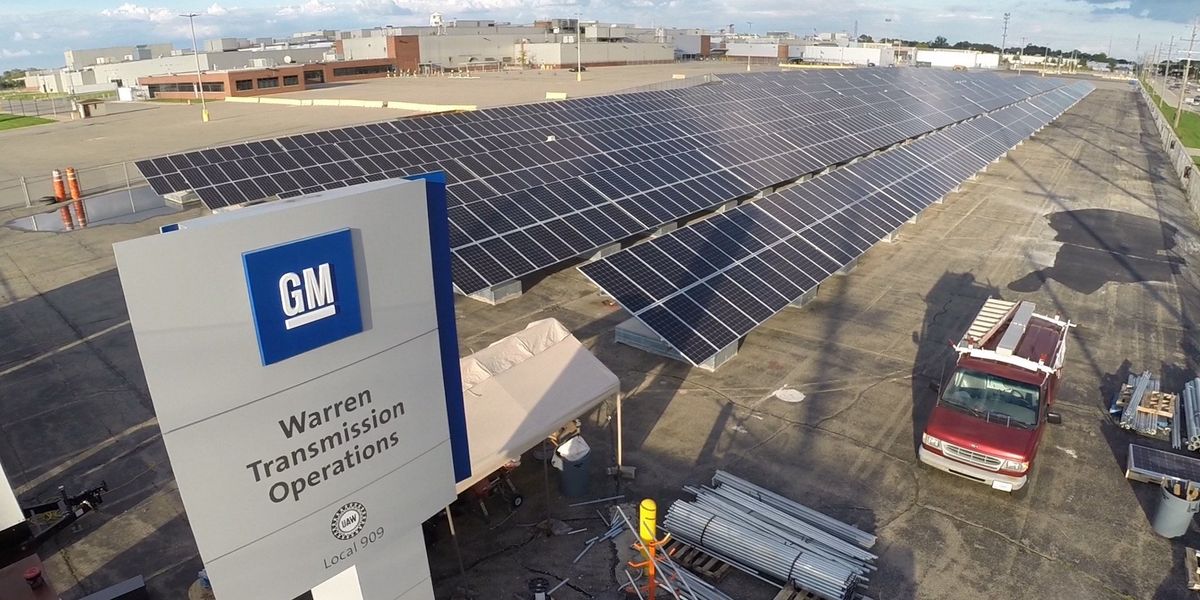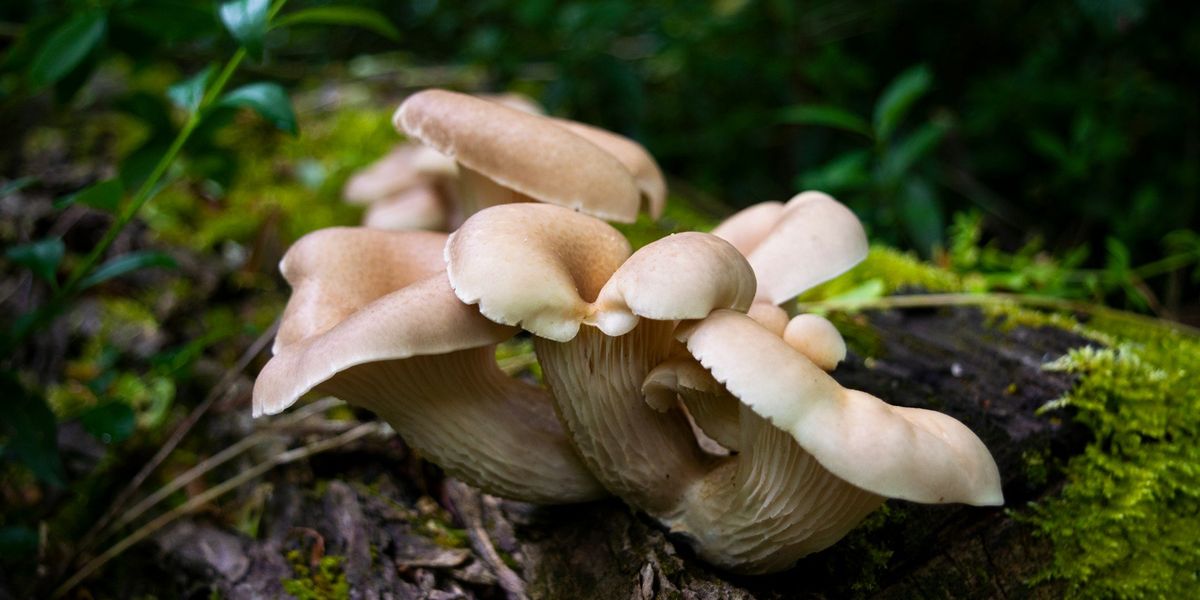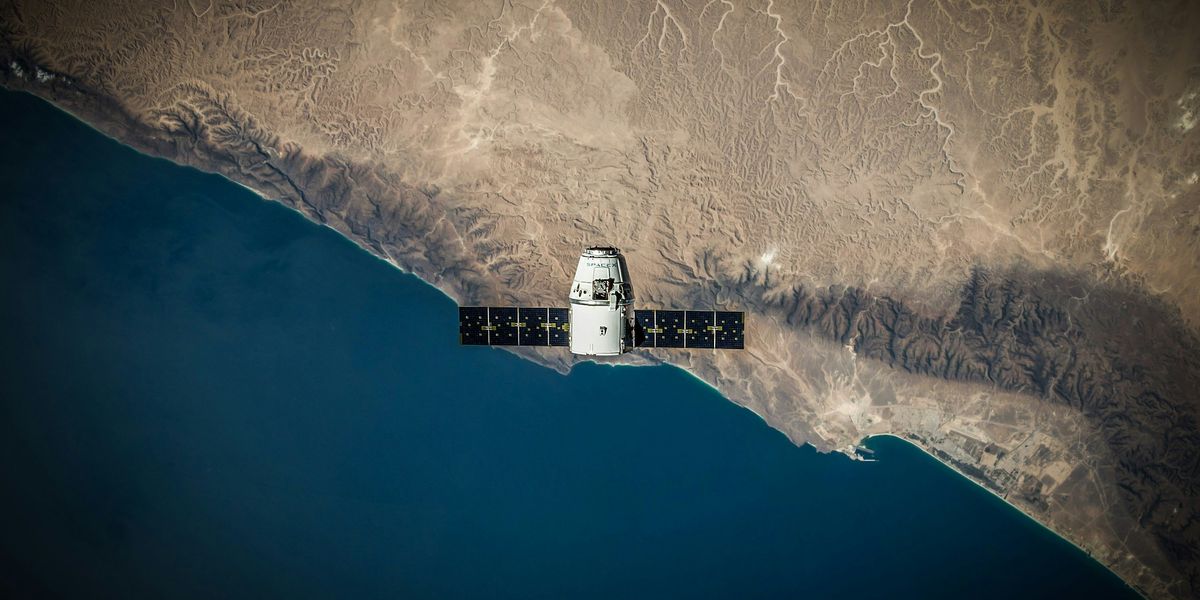
Weekend Reader: Award winners, Southern delusions & top news.
SEJ recognizes the year's best in environmental journalism; a few observations from our Weekend Editor on the Solid (and Trumpian) South; and more
The Society of Environmental Journalists annual awards shows the strength and depth of environmental journalism; talk of a Democratic overthrow in the midterm elections is hard to find in the American South.
Forget about that Southern Blue Wave
In the off-year 2017 elections, Doug Jones was just the Dreamland candidate for Southern Democrats' comeback.
Relatively telegenic and a civil rights prosecutor, Jones faced the best odds an Alabama Democrat had in years: His Republican opponent, Roy Moore, had twice been bounced from the Alabama Supreme Court for ignoring Constitutional mandates. And Moore was buried in a dozen complaints that he trolled, stalked, or groped young women decades earlier.
Although Moore denied all accusations, his campaign wallowed in an epic pit of creepiness.
The relatively unassailable Jones managed a 1.7 percent victory for a partial-term Senate seat he'll be hard-pressed to keep in 2020.
One-point-seven percent, over a guy dragging credible child molestation charges to the polls.
Read the full story here.
The best environmental journalism
For almost two decades, the Society of Environmental Journalists has been recognizing the best environmental journalism published in the United States. They announced winners this week for this year's journalism awards. Some of the strong contenders showed both the vibrancy and urgency of environmental reporting.
Among the winners:
"Bombs in Our Backyard" by Abrahm Lustgarten, Lena Groeger, Ryann Grochowski Jones, Sisi Wei, Ashley Gilbertson, Ranjani Chakraborty and Lucas Waldron for ProPublica.
"Toxic Secrets: Pollution, Evasion and Fear in North Jersey" by James M. O'Neill, Scott Fallon, Chris Pedota, Daniel Sforza, Michael Pettigano and Susan Lupow for The Record (Bergen County, NJ) and NorthJersey.com.
"Marshall Islands Project" by Kim Wall, Coleen Jose, Jan Hendrik Hinzel, Brittany Levine, Andrew Freedman and Alex Hazlett for Mashable.
Links and the full list of winners and runners-up are here.
Top weekend news & opinions
Payback? A major past donor to Jeff Sessions's campaigns gets some alleged payback in a dispute with EPA.
From theory to in-your-face: Climate scientist Michael Mann says climate impacts are no longer subtle, they're in our faces. From WBUR's Here & Now.
Two from Alaska on oil damage: From Inside Climate News: Surrounded by oil fields,an Alaskan village fears for its health.
And from the NYT's Henry Fountain: How new oil projects cut scars across Alaskan wilderness.
Shocker! Green energy passes its first trillion-watt milestone as prices drop. (Bloomberg)
Stellar long-read from The Guardian and Keith Kahn-Harris on Denialism: What drives people to reject the truth.
From Wash Post's Capital Weather Gang: California's Carr Fire became one one the biggest fire tornadoes ever measured.
Essay from NPR's Scott Simon: Calling the press the "enemy of the people" is a menacing move.
Climate Denial's evil twin: Climate denial isn't the only anti-science push that won't die: In this NYT op-ed, Melinda Winner Moyer says anti-vaxxers still have an impact on vaccine science.
Grist offers a level-headed assessment of the NYT Sunday Magazine's controversial "autopsy" on how the climate movement blew it in the 1980's.













